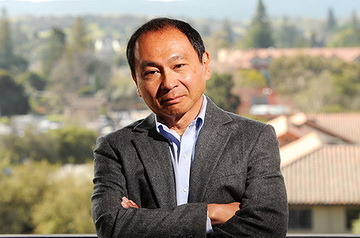I struggle to think of a book more often singled out for derision than Francis Fukuyama’s The End of
I struggle to think of a book more often singled out for derision than Francis Fukuyama’s The End of History and the Last Man, which has come to stand in for the failures of neoliberalism and the audacity of globalist thought. As it’s popularly understood, The End of History argued that global liberal democracy was bound to flourish, ushering in an age of prosperity as halcyon days descended, forever, upon planet Earth. But that’s not what the book is about at all, Paul Sagar writes. In fact, it was much more prescient than it’s given credit for: “Fukuyama never suggested that events would somehow stop happening. Just like any other sane person, he believed that history (with a small h), the continuation of ordinary causal events, would go on as it always had. Elections would be held, sports matches would be won and lost, wars would break out, and so on. The interesting question for Fukuyama was about History (with a big H), a term that, for him, picked out a set of concerns about the deep structure of human social existence … Just because humans could do no better than liberal capitalist democracy—could progress to no form of society that contained fewer inherent conflicts and contradictions—it didn’t mean that the unruly and competitive populations of such societies would sit still and be content with that. Late capitalist modernity might be the highest civilizational point we could achieve, because it contained the fewest contradictions. But there was strong reason to suspect that we’d slide off the top, back into History, down into something worse.”This and more in today’s culture roundup. -- source link
#literature#literature news#art news#culture news#breaking news#todays news#world news#avantgarde#diction#fecal intensifiers#francis fukuyama#irregardles#vladimir lenin#linguistics#novels#russian revolution#shitlessness#words#daily roundup#the roundup
